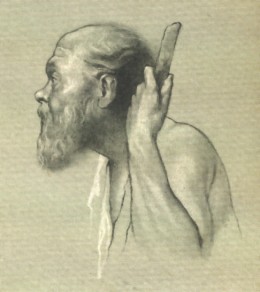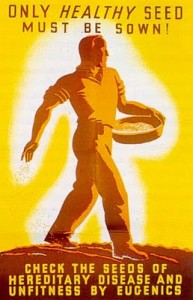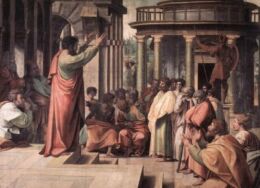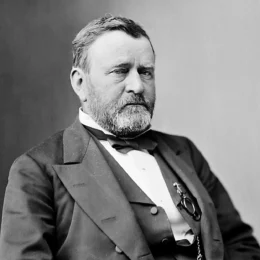Part 13 of 14
(Part 1 here, Part 2 here, Part 3 here, Part 4 here, Part 5 here, Part 6 here, Part 7 here, Part 8 here, Part 9 here, Part 10 here, Part 11 here, Part 12 here)
Power vs. Wisdom
We have seen that Callicles is more philosophical than Gorgias or Polus. So it comes as some surprise that the second part of Callicles’ speech is a critique of philosophy. (more…)












